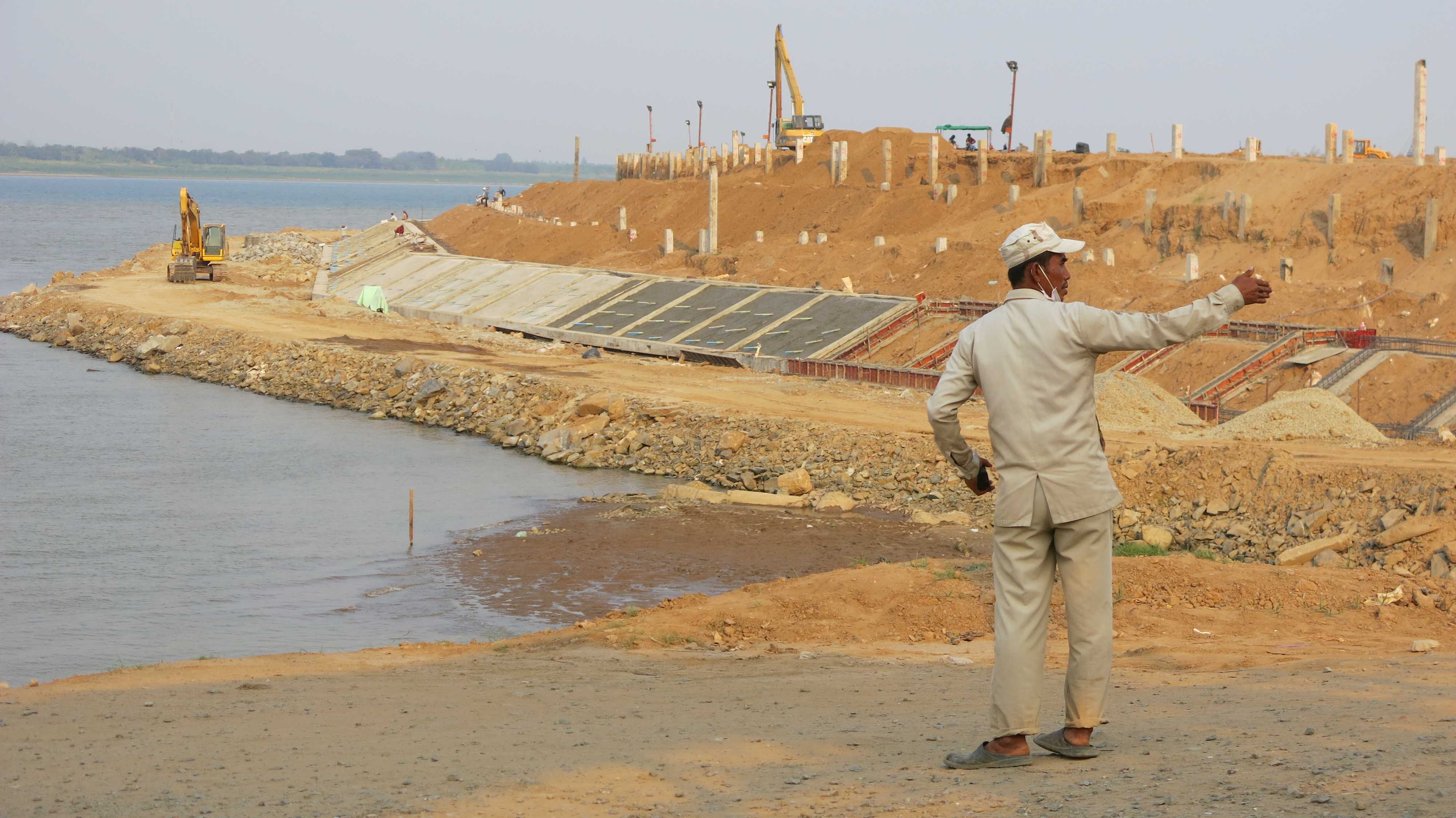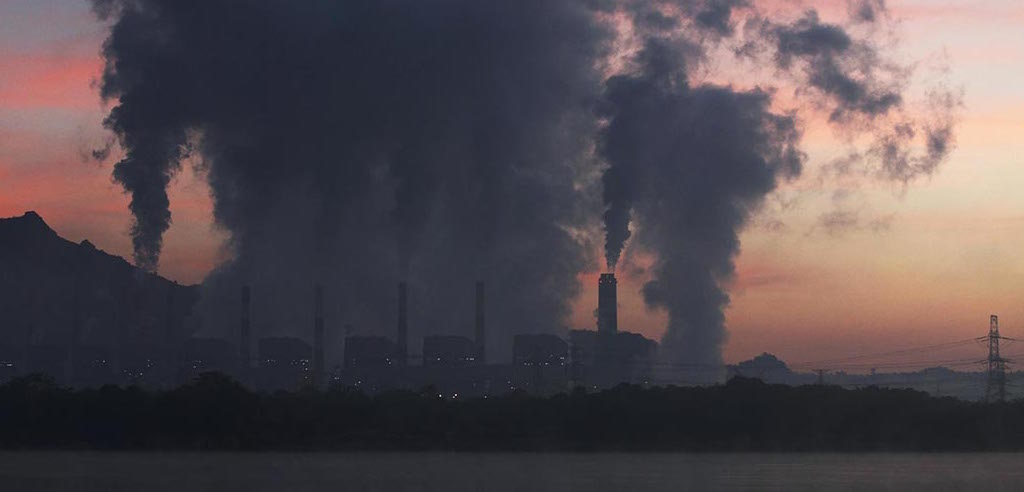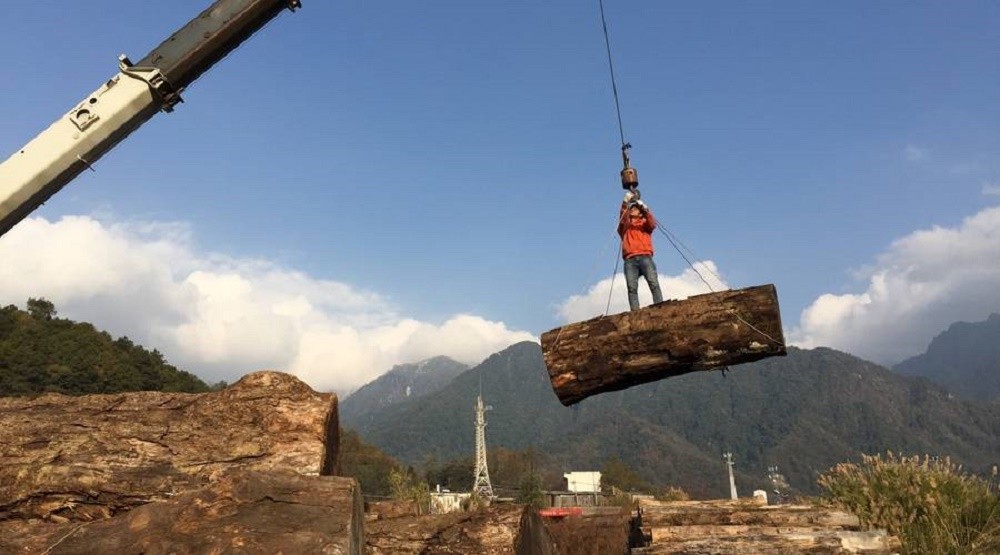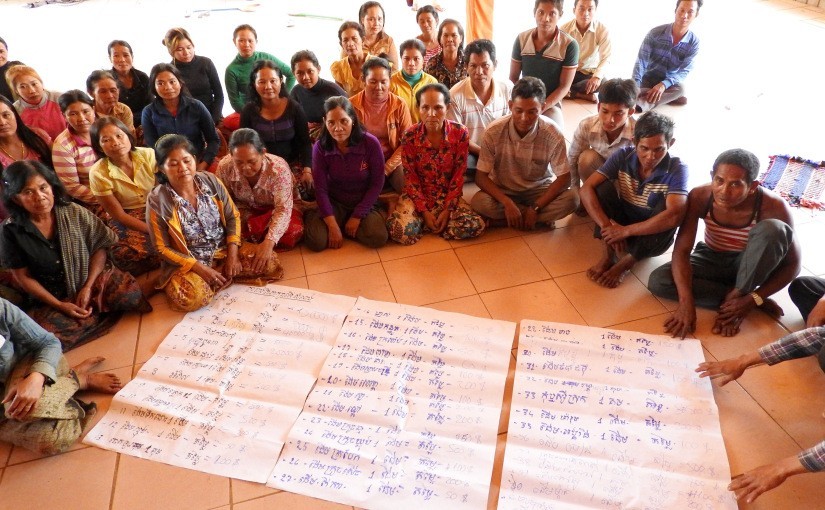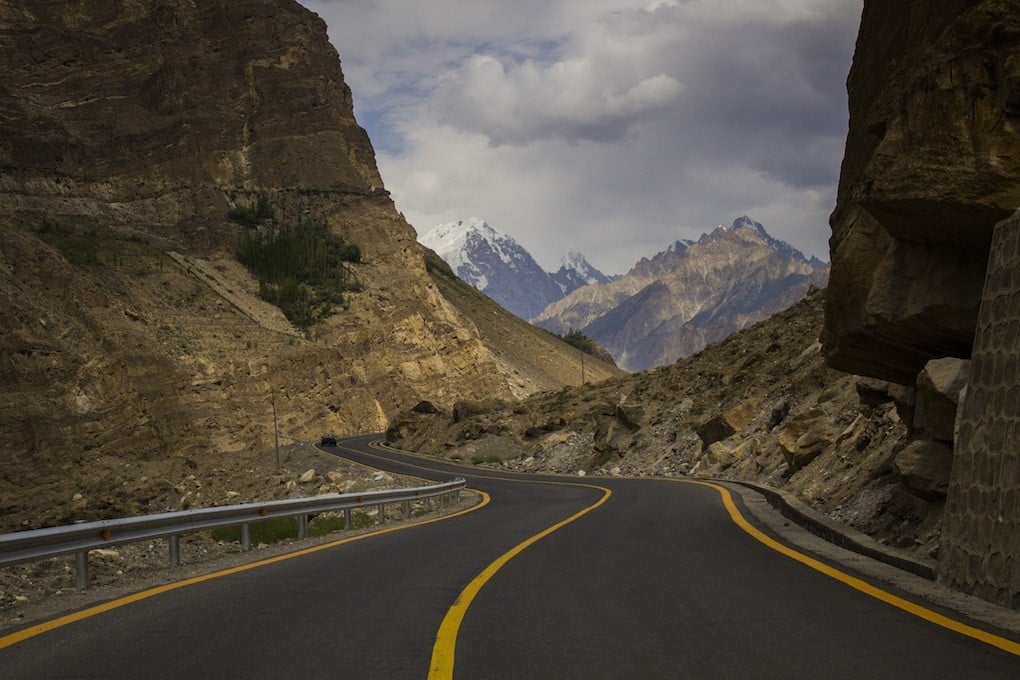The fallout from the Great Fall in financial markets, equities and currencies is ricocheting through the regional economy and beginning to exact a toll – initially among badly-run companies and poorly-managed government institutions.
Category: Region
Selected environmental stories from media outlets in the Mekong region and beyond.
Mining ministry calls for by-law proposals
The Ministry of Mines is preparing to amend the by-laws for a new mining law and has asked for suggestions and proposals.
The Pyidaungsu Hluttaw passed the new mining law in December and amended the Myanmar Gemstone Law on January 29. The ministry is now drawing up the corresponding rules and regulations.
Stakeholders can send their suggestions to the Department of Mines and Myanmar Gems Enterprise by March 6, the ministry said.
What a New Vietnam-Russia Deal Says About the Mekong’s Future
It is potentially an unusual business transaction. While the prospect of a Vietnamese company taking over a Russian group in of itself is unusual, the buyout of a strategic stake in a major fish distributor is also a reflection of changing attitudes to the management of the Mekong River.
Food security is the priority issue dominating the political agenda surrounding the lower Mekong subregion for the Vietnamese and Cambodian governments. It’s a stark contrast to thinking in Laos, which sees the Mekong primarily through the lens of hydropower.
Coal Power on the Rise: Mekong Region Digs In
While initiatives by the Asian Development Bank, ASEAN, United States, Japan, France and the private sector aim to advance renewable energy within the Greater Mekong Subregion (GMS), coal-fired power plants are slated to become an increasingly larger share of the region’s electricity generating portfolio.
Big Jungle, Big Data
Can a free piece of open source software help rangers combat the country’s rapid deforestation?
A long with their camouflaged jackets and AK-47s, rangers in Preah Vihear protected forest now carry tablets or smartphones into the jungle when they go out on patrol. When they encounter loggers or find evidence of illegal logging, they type in details about the encounter, such as how much timber was found, or how many chainsaws were confiscated into the device. The data is linked to their location, and the team moves on to the next bust.
Chinese demand wiping out forests of neighboring Burma
The streets of Pianma are lined with sawmills. They’re also lined with logs as big as cars: Teak, Rosewood, and Golden Camphor — all of them felled illegally across the border in Burma from old growth forests and brought to the Chinese side to be cut down into furniture.
Cambodians Seek Compensation for LS2 Dam Relocation
The controversial Lower Sesan 2 Dam (LS2 Dam) is being built in the worse possible location: at the junction of two of the most important tributaries of the Lower Mekong River in northern Cambodia, i.e. the Sesan River & Srepok River.
This dam has received strong opposition and criticism from scientists, fisheries experts, NGOs and Human Rights groups. The dam will be located at a vital junction for the reproductive migration of dozens of Mekong River fish species. Thousands of families in six Villages in northern Cambodia will be displaced.
China’s Belt and Road initiative ripe with possibilities
FOLLOWING THE launch of its ambitious Silk Road Economic Belt and 21st Century Maritime Silk Road (Belt and Road) initiative in a big way, China followed it up with last month’s official inauguration of the Asian Infrastructure Investment Bank (AIIB), which is now operational.
US State Department Must Renew and Strengthen Reporting Requirements for Companies Investing in Myanmar
EarthRights International (ERI) urged the State Department to renew and strengthen the Reporting Requirements for Responsible Investment in Burma (Myanmar), which require U.S. companies making significant new investment in Myanmar to report on their operations and explain their due diligence policies and procedures on human rights, the environment, corruption, and labor. New investors are also required to provide information on their land acquisitions and disclose payments to the government and contacts with the military and other armed groups. In a submission to the State Department as part of the U.S. Government’s review of the Reporting Requirements, ERI reiterated the importance of ensuring that new U.S. investment in Myanmar does not undermine the reform process.
Section 44 to clear way for setting up new Special Economic Zones, and possible new Biomass Power Plant without EIA
General Prayut Chan-o-Cha, leader of the National Council for Peace and Order used authority under section 44 declared 2 NCPO orders on January 20. The first one is on the exception on the enforcement of city plans in some project types 1) power plant 2) power plant gas that do not use natural gas for delivery or disposal 3) factory that improve overall quality of products ( sewage treatment plant/incinerator) 4) factory for sorting and landfill 5) factory for recycling. Another NCPO order was to exclude the application of the city planning and building control laws in the area of special economic development zone. This also includes various local ordinances which are the limitations of the ban on construction, modification, decommissioning, moving and using, or changing the use of buildings.


